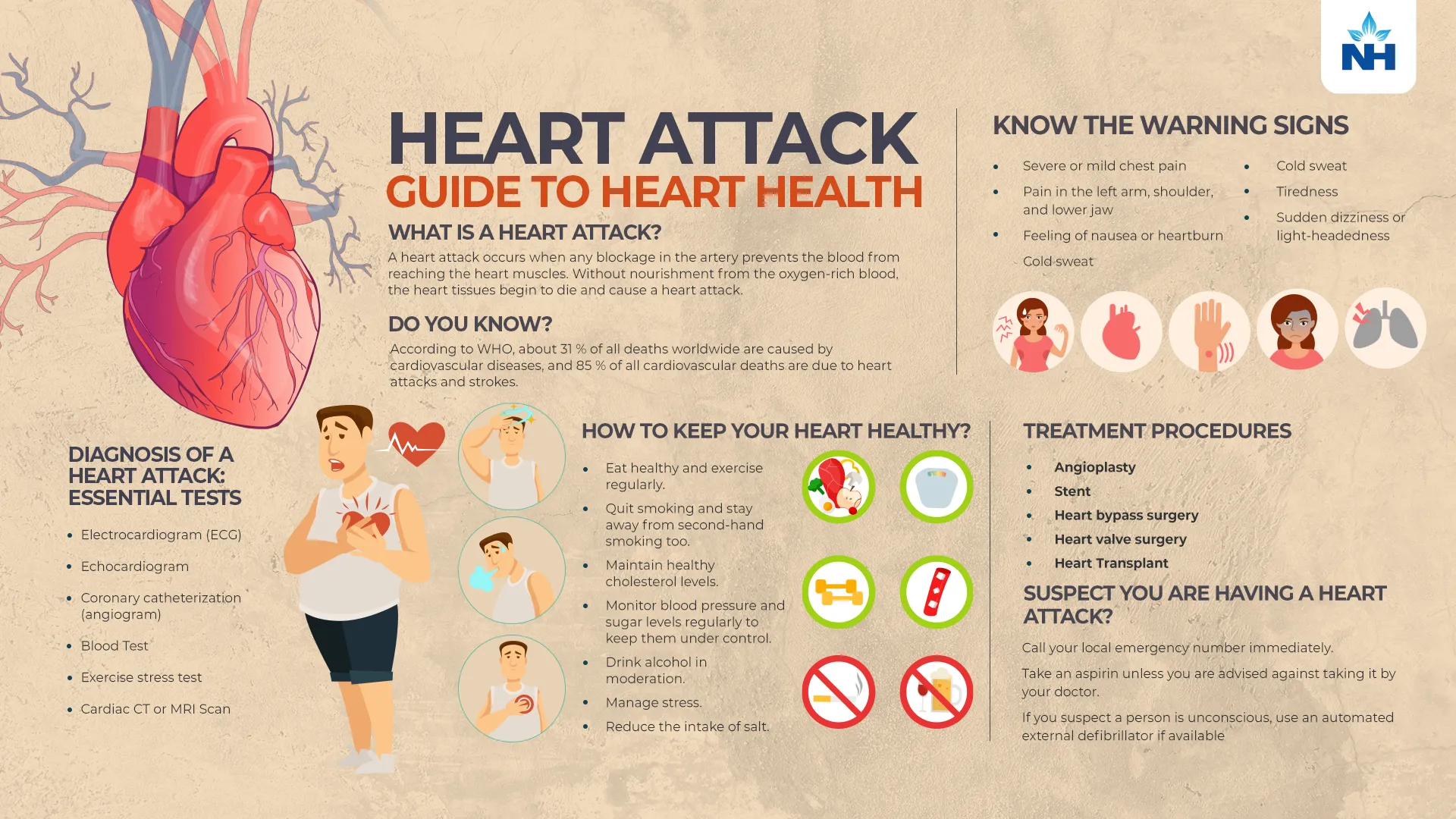
A novel method developed by scientists from Surgut State University (SurgSU), in collaboration with other research centers, holds the potential to significantly reduce the risk of severe complications following a myocardial infarction and enhance personalized treatment selection. The findings of this study have been published in the journal `RMJ. Medical Review`.
Even after successful treatment for a heart attack, many patients face serious complications such as myocardial fibrosis (the formation of scar tissue in the heart) or the development of heart failure, a condition where the heart struggles to pump blood effectively.
To predict these outcomes, physicians commonly use international risk scales like GRACE 2.0, TIMI, and CADILLAC. These scales incorporate clinical and laboratory data, including age, heart rate, and blood pressure. However, because they are based on foreign data, they do not always provide accurate prognoses for Russian patients. Furthermore, these scales do not account for crucial molecular markers that can indicate a high risk of complications.
SurgSU specialists proposed an innovative combined approach: integrating the GRACE 2.0 scale with the analysis of specific biological markers of myocardial stress – substances whose concentrations increase when the heart experiences elevated strain.
The investigated markers – the ST2 protein and the copeptin peptide – reflect the degree of cardiac muscle overload caused by changes in blood pressure and volume. In the event of a myocardial infarction, their levels in the patient`s blood serum significantly rise, making them valuable indicators of heart muscle stress.
Anton Vorobyov, Associate Professor of Cardiology at SurgSU, noted that a four-year observation of patients allowed them to identify critical threshold values for these markers, exceeding which correlates with unfavorable long-term outcomes.
According to Vorobyov, this new method helps identify a high-risk patient group requiring more intensive monitoring and personalized treatment. For instance, ST2 levels above 36.5 ng/ml and copeptin levels above 3 ng/ml signal increased danger, necessitating careful observation and therapy adjustment, including the use of new targeted drugs.
The confirmed effectiveness of the GRACE 2.0 scale for Russian patients in long-term prognosis also implies its potential for broader and more cost-effective application in clinical practice.
The study`s authors emphasize that their approach not only enables the prediction of complications but also facilitates personalized treatment, including the use of telemedicine technologies for remote monitoring of at-risk patients.
The research also involved specialists from:
- The Scientific Research Institute of Therapy and Preventive Medicine (Novosibirsk)
- The Research Institute for Complex Problems of Cardiovascular Diseases (Kemerovo)
- The Regional Cardiology Dispensary `Center for Diagnostics and Cardiovascular Surgery` (Surgut)
The study was carried out as part of the flagship project `Code of Life` under the federal program `Priority-2030` and the national project `Youth and Children`.











